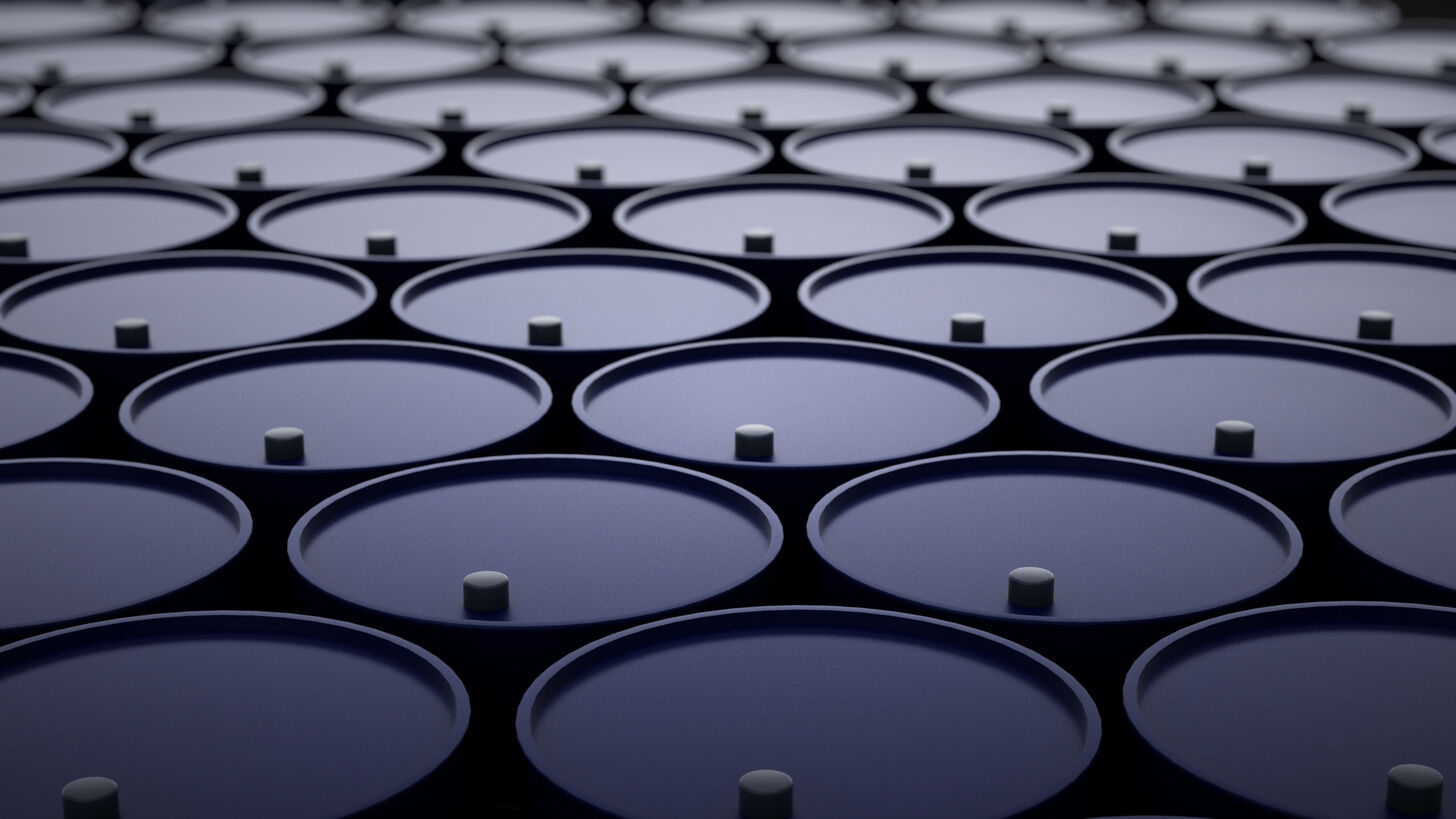Israel is unlikely to hit Iranian oil export installations yet
Following Iran's missile response to the killing of Hezbollah leader Hassan Nasrallah and Hamas chief Ismail Haniyeh, the oil market is now grappling with the potential for further escalation and Israel's likely retaliation. While we consider an attack on oil infrastructure possible, it remains unlikely for now. However, the risk of a broader escalation in the region is becoming increasingly difficult to avoid.
Following a series of setbacks, including the deaths of Ismail Haniyeh in Tehran and Hassan Nasrallah in Lebanon, Iran has finally retaliated by launching approximately 200 missiles at Israel. Despite widespread belief that Iran might avoid direct confrontation to prevent Israeli retaliation, we have been repeatedly asserting that Iran’s response will come. However, the attack appears to be more of another warning than a full-scale escalation.
Reports indicate that only one civilian casualty occurred, suggesting two possibilities: Israel’s missile defence systems, including Arrow-2 and Arrow-3 (the equivalent of the Iron Dome for long-range missiles), effectively neutralised the threat, with help from the US and Britain, or Iran deliberately avoided targeting civilian areas to prevent a stronger Israeli counterattack. Iran may be hoping that, with minimal damage, the US could persuade Israel to consider the incident a victory and avoid further escalation.
The missile strike also carried broader messages. One impact landed just 400 meters from Mossad headquarters, likely an intentional miss to demonstrate the IRGC's capability to strike critical locations. The use of more advanced, faster missiles, such as the Fattah, which can reach Israel from central Iran in just 12 minutes, further signals Iran’s capabilities.
Iran is also aiming to bolster its standing in the Arab world, particularly among Arab civil societies. After Nasrallah's killing, some Hezbollah supporters began questioning Iran’s role in the fight against Israel. By launching this attack, Iran seeks to reassert itself as the defender of the Palestinian cause, from Morocco to Iraq.
This time, however, unlike in previous incidents, Israel is expected to respond. Israeli officials have made it clear that any Iranian attack, even without significant casualties, will not go unanswered. The US now appears to back this stance, which marks a shift from the more restrained approach earlier in the year. As markets await Israel’s response, this tension could provide short-term support to oil prices.
Israel has four primary options for retaliation: targeting military, nuclear, oil, or power infrastructure. Attacking nuclear facilities is the most symbolic option, though many are buried deep underground, making them difficult to destroy effectively. Strikes on oil, gas, or power facilities are less likely. Such attacks would mainly disrupt the lives of ordinary Iranians, a consequence Israel may wish to avoid in its public relations strategy. Iran’s natural gas powers 92% of its electricity, with gas allocated across power, industry, and residential sectors. Disrupting this supply would have broad impacts on the Iranian public.
Key Iranian energy infrastructure

Source: Kpler, Mapbox
If Israel does target oil and gas infrastructure, a possible choice could be the aging 400 kbd Abadan refinery, which accounts for 17% of Iran’s refining capacity, and 13% of its gasoline supply. However, the impact of hitting this refinery would be manageable, as fuel shortages could be offset by increased smuggling from Iraqi Kurdistan. In fact, such an attack could potentially be bearish for international crude markets unless upstream facilities are also hit, as it would free up more crude for export. Iran’s oil exports reached a post-sanctions high of 1.9 Mbd last month.
Iran oil exports by destination country, kbd

Source: Kpler
Kharg Island, where over 90% of Iran’s oil is exported, would be an easier target, but Israel is also unlikely to strike there. China’s significant ties with both Iran and Israel make an attack that disrupts oil flows through the Strait of Hormuz improbable. China operates the Haifa port through the Shanghai International Port Group and holds significant investments in Israel’s tech sector through companies like Alibaba, Tencent, and Baidu, giving Israel strong incentives not to jeopardise these relationships.
At this stage, the most probable scenario is an Israeli strike on nuclear or military facilities, which could allow Iran to claim a failure of the attack while avoiding further escalation. Ultimately, how far the situation escalates depends on Israel's chosen response.
Share of seaborne oil transiting via the Strait of Hormuz, Mbd

Source: Kpler
Want access to Insights on a regular basis?
Through unbiased, expert-driven research and news, you’ll receive valuable information on supply, demand, and market movements, enabling you to make informed trading and risk management decisions.
Unbiased. Precise. Essential.
Curious? Request access to Kpler Insight today.

Uncover risks before regulators do
See Kpler's Risk & Compliance insights in action.









